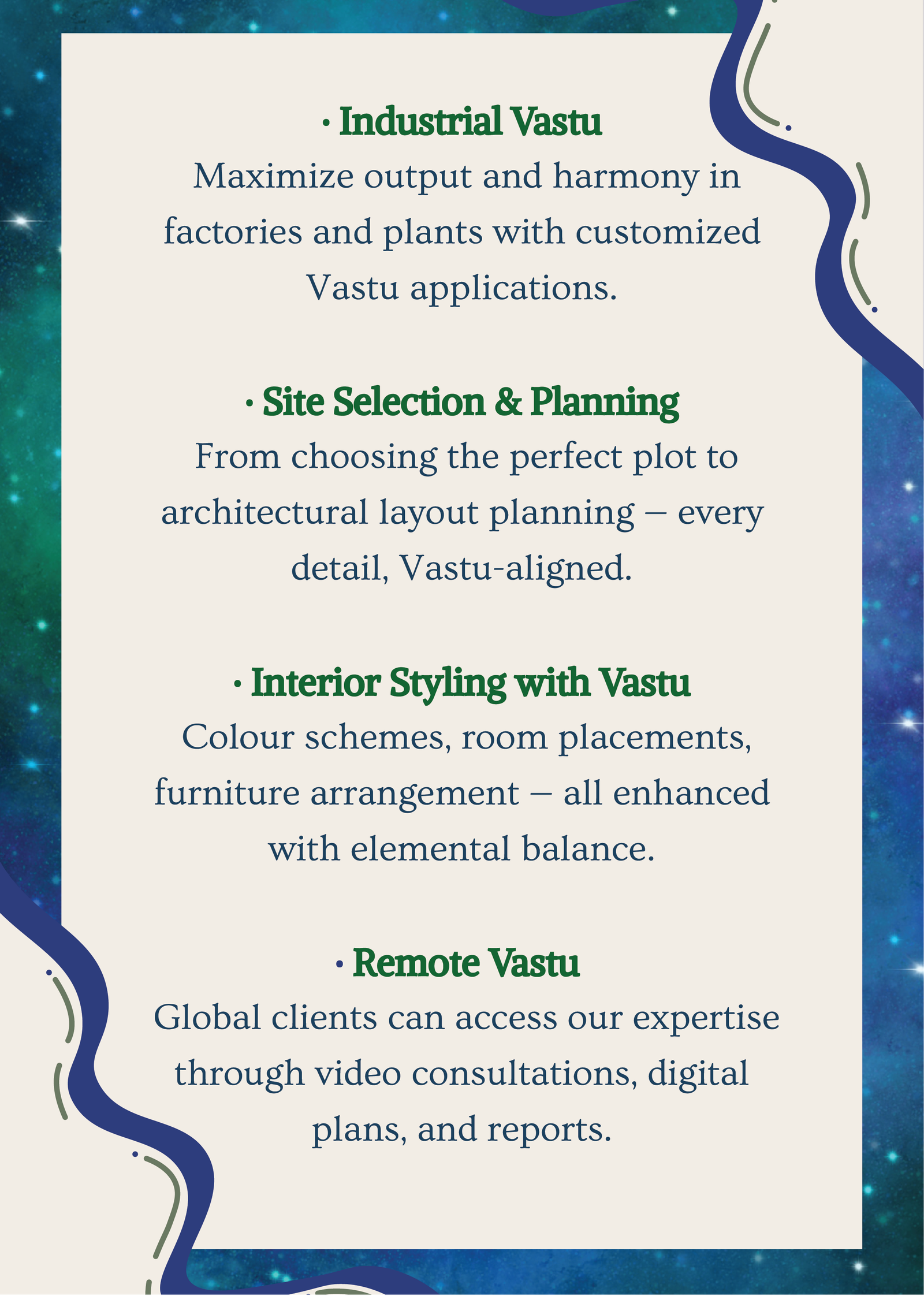

+91 99808 98483


Small changes in space can bring big shifts in energy. Let Vastu help you create a place that supports you.”
Call Us +91 99808 98483 Send an Email on vastupravin@gmail.com Visit Us at Jeevanbima Nagar
Bangalore - 560075
© Copyright 2026 by Vastu Praveen. All right Reserved - Design & Developed by Shanthas Webz